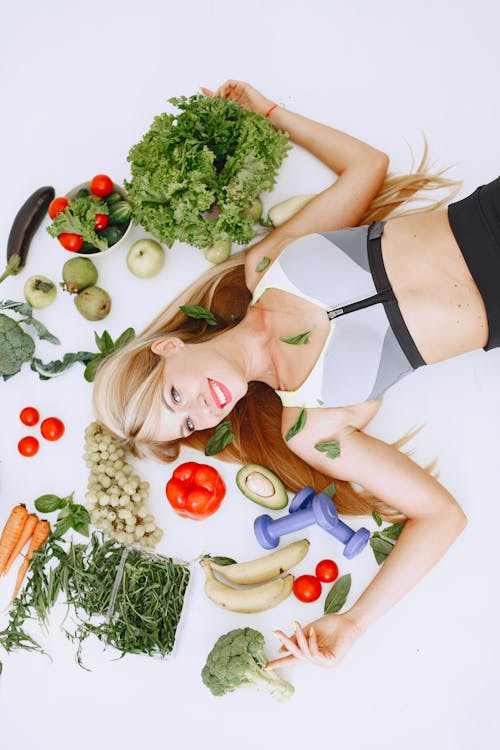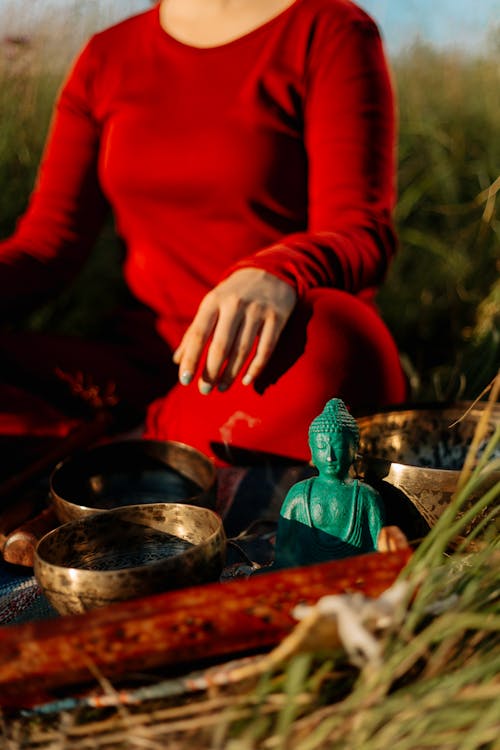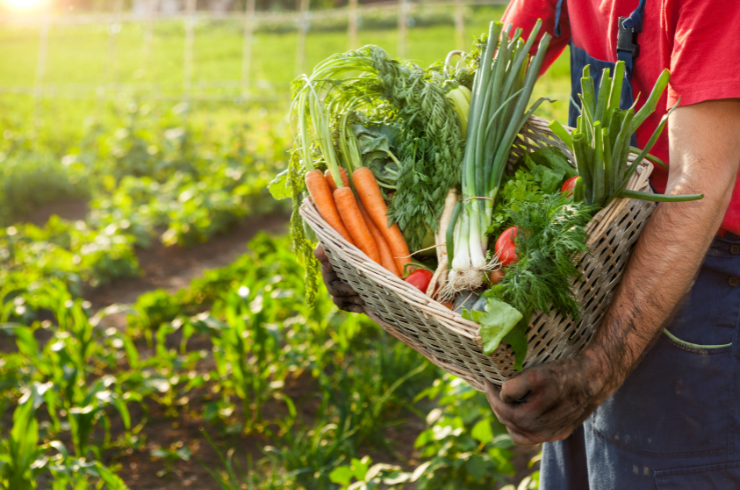Introduction
As November 1st, Vegan Day approaches, let us talk about Veganism — a conscious choice to exclude all animal products from our lives, which has surged in popularity, especially within the health and wellness community. When you choose veganism, it is a complete lifestyle change that’s all about making choices that are good for your health, kind to animals, and friendly to the environment. Veganism means saying no to animal products in your food and in everything else you use, from the shoes on your feet to the shampoo in your shower. In this blog, we’re exploring the wisdom of Ayurveda to help you thrive on a plant-based vegan journey. Whether you’re motivated by health, ethics, or the environment, we’ve got tips and insights to make your Vegan Day, on November 1st, even more meaningful. So, let’s get started on your path to plant-powered wellness!Ayurveda and Veganism: Achieving Balanced Health For Your Wellness
 Ayurveda and Veganism both have their roots in the past. Implementing the Ayurvedic principles in your vegan lifestyle is like receiving a double dose of health protection. It helps to boost your immunity level and makes you resistant to life-threatening diseases. According to Ayurveda, food is medicine, and every human should listen to their body’s needs. Your dosha has a strong influence on your everyday health. Therefore, viewing your dosha mind-body type is recommended before choosing the proper Vegan diet for your wellness. Julie Bernier, an Ayurvedic practitioner, mentions in one of her interviews – that ” a real Ayurvedic diet takes into account an individual’s constitution, the current state of health, digestive capacity, habits and customs, and the season. As with most things in Ayurveda, it depends on the person!” When this principle of Ayurveda integrates with Veganism, it brings a harmonious balance of body and mind. Chef Darshana Tacker( an Ayurvedic chef) is an example of someone who has embraced this Ayurvedic wisdom into Veganism. She talked to the “Times of India” about how the combination of vegan and Ayurveda works for her.
Ayurveda and Veganism both have their roots in the past. Implementing the Ayurvedic principles in your vegan lifestyle is like receiving a double dose of health protection. It helps to boost your immunity level and makes you resistant to life-threatening diseases. According to Ayurveda, food is medicine, and every human should listen to their body’s needs. Your dosha has a strong influence on your everyday health. Therefore, viewing your dosha mind-body type is recommended before choosing the proper Vegan diet for your wellness. Julie Bernier, an Ayurvedic practitioner, mentions in one of her interviews – that ” a real Ayurvedic diet takes into account an individual’s constitution, the current state of health, digestive capacity, habits and customs, and the season. As with most things in Ayurveda, it depends on the person!” When this principle of Ayurveda integrates with Veganism, it brings a harmonious balance of body and mind. Chef Darshana Tacker( an Ayurvedic chef) is an example of someone who has embraced this Ayurvedic wisdom into Veganism. She talked to the “Times of India” about how the combination of vegan and Ayurveda works for her.Ayurvedic Vegan Recipe for World Vegan Day 2023 
To make this Vegan Day extra special for vegans, we’ve rounded up some of the best plant-based Ayurveda dishes that will fuel your vegan soul and satisfy your Ayurvedic spirit. Must try vegan Ayurveda recipes – 1. Vegan Khichadi
List of Ingredients- 1 Cup of yellow mung beans soaked
- 1 and 1/2 cup basmati rice
- 6 cup Water
- 1 tbsp sesame oil
- 1 Bay leaf and cinnamon stick
- 2 teaspoons turmeric
- 1and1/2 teaspoon coriander
- 1 teaspoon cumin seeds
- Freshly cracked pepper as per taste
- Pinch of Himalayan sea salt
- Lemon or lime juice
- Fresh Cilantro
2. Mung Dal Soup
(Source- The Ayurvedic Institute) List of Ingredients –- 1 cup yellow moong dal
- 6 cups water
- 4 tbsp safflower oil
- 1 tsp black mustard seeds
- 1 tsp cumin seeds
- Pinch of hing ( asafetida)
- 2 large cloves of garlic chopped
- Fresh cilantro leaves chopped
- 5 Curry leaves
- 1 and ½ tsp turmeric
- 1 tsp masala powder
- ¾ salt or as per taste
3. Vegan Rose Smoothie
(Source- One Green Planet) List of Ingredients-- 1 cup soaked pumpkin seeds
- 2-3 tbsp rose jam(recipe below)
- Saffrons strand
- Cardamom powder
- 1-2 drop vanilla essence( optional)
- Water as required
 Include some Ayurvedic spices and herbs, such as turmeric and ginger. It will improve digestion and add flavor to your vegan diet. If you’re new to the vegan lifestyle, slowly and gradually increase your intake. The individual’s personality (Prakriti), negative personality traits (Vikriti), dosha, and body type should all be considered when planning a vegan diet. Consume these sun-ripened vegan foods because, according to Ayurveda, they contain the most prana (life force), giving you the most energy and nourishment.
Include some Ayurvedic spices and herbs, such as turmeric and ginger. It will improve digestion and add flavor to your vegan diet. If you’re new to the vegan lifestyle, slowly and gradually increase your intake. The individual’s personality (Prakriti), negative personality traits (Vikriti), dosha, and body type should all be considered when planning a vegan diet. Consume these sun-ripened vegan foods because, according to Ayurveda, they contain the most prana (life force), giving you the most energy and nourishment. When Ayurveda meets Veganism!
The key to a successful Ayurvedic plant-based diet is to create eating habits that are in line with your dosha. Focus on eating warm, ground foods, such as root vegetables and cooked grains, if you have a vata constitution. If you have a pitta constitution, focus on consuming calming and cooling foods, such as leafy greens and yogurt.- Include a range of unprocessed, whole-plant foods, such as nuts, seeds, legumes, grains, fruits, and vegetables.
- Include more protein and healthy fats, such as avocados, nuts, seeds, tofu, tempeh, and lentils.
- Avoid processed foods, sugary beverages, and too much caffeine.
- Consume food mindfully.

